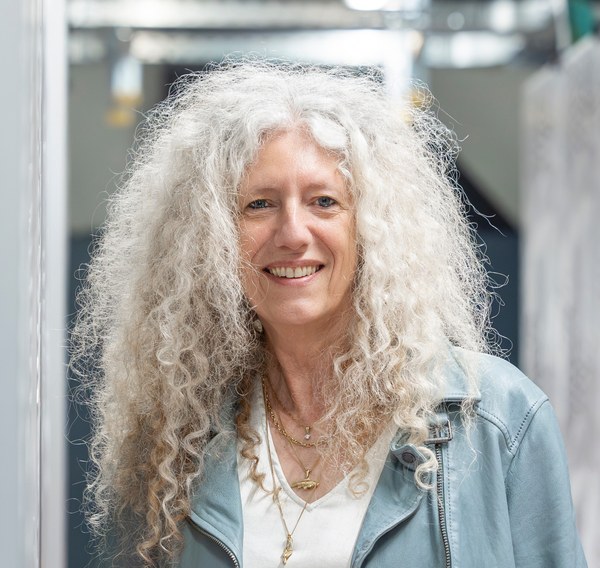Kristel Michielsen, a computational physicist, received her PhD from the University of Groningen (Netherlands) in 1993. Since 2009, she leads the research group Quantum Information Processing (QIP) at the Jülich Supercomputing Centre and was Professor for Quantum Information Processing at RWTH Aachen University from 2009 until 2025. Kristel Michielsen and her research group have ample experience in performing large-scale simulations of quantum computers and annealers and in benchmarking and studying prototype applications for this new compute technology in optimization, simulation, machine learning and quantum AI. She leads the Juelich Unified Infrastructure for Quantum computing (JUNIQ) since 2019.
Since August 2025, Kristel Michielsen is Director of the Jülich Supercomputing Centre and Professor for Quantum Computing & Modular Supercomputing at Universität zu Köln.

